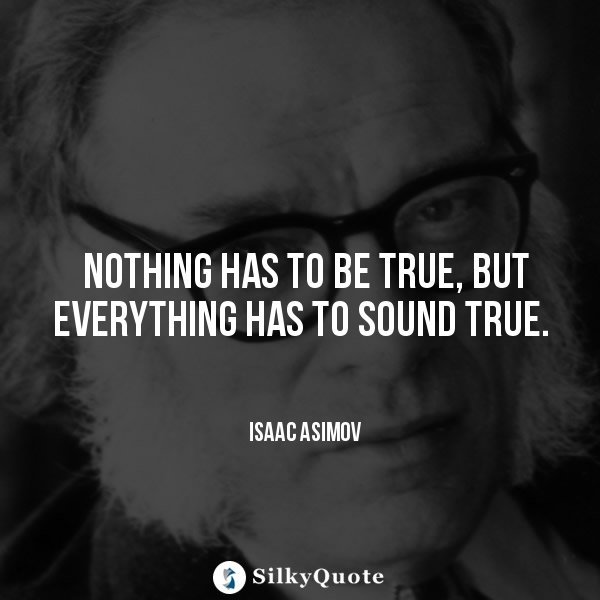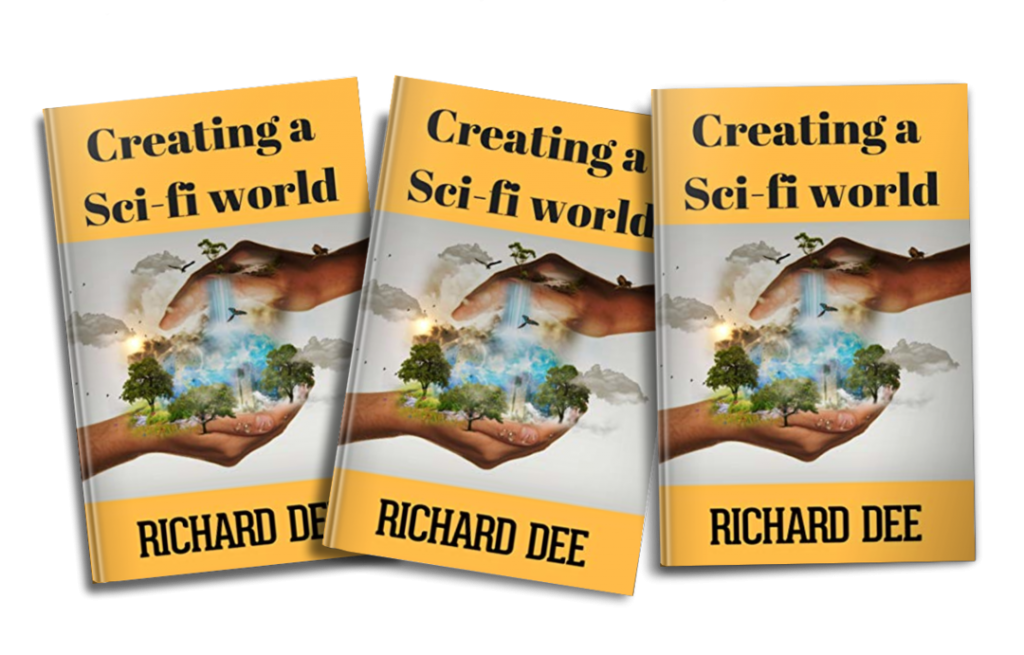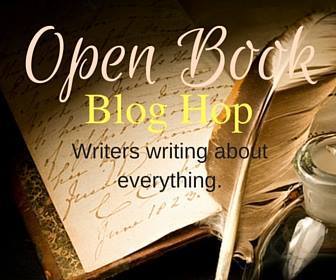Welcome to another blog hop, from #OpenBook. Here’s this week’s prompt.
What kind of research do you do, and how long do you spend researching before beginning a book?
This is a really strange prompt for me; when you consider the timing. What I mean by that will become clearer as we progress. There are two questions in the prompt, the simple answer for me is; a lot and none.
A lot of people will be shaking their heads when I say none. I know that there are writers who research everything to the ultimate degree before writing a word of their novel. That’s fine, whatever works for you.
I disagree; not with the fact that you do it but the time when you do it.
Here’s why.
When I started writing Sci-fi, I really thought that I wouldn’t need to do much research. After all, how could you research the future?
Off I went; as I wrote my first novel (before I got to the bottom of the first page), I found that it wasn’t the case. I needed to stop at least once a paragraph and look something up. I wanted the book to read like I knew what I was talking about. The last thing I wanted was a glib presentation of the future without logic or explanation. A then that didn’t have any recognisable roots in a now.
Research is important for any novel, even more so if you’re creating a new world. But you do have an important starting point. The world of today grew from the world of yesterday. Mostly it was a logical, linear progression, with the occasional flash of genius, the quantum leap if you like. I think it’s reasonable to assume that the world of tomorrow will be the same. Which means that you can adapt and stretch what we have now, adding a few leaps, such as devices based on technology we know a bit about but aren’t capable of using yet; like quantum mechanics, or fusion energy.
Just for fun, you can put in something so outlandish that it stands out, so preposterous that it has to be true. Of course, you have to remember the words of Isaac Asimov,

So, there I was at the bottom of page one of my novel, having spent a day or so researching the accuracy of the things I’d said in four paragraphs. Before I wrote another word; did I roll my sleeves up and started reading as much about science and technology as I could?
Sorry to disappoint you.
No, I didn’t; because my mind doesn’t work that way, neither does my writing. I slogged my way through that first book, researching while I went; fitting it all together, cursing every re-write.
As I’ve told you before,
I don’t plot, I just write and see what happens. Which means that I can’t just ‘do lots of research’, I have to be specific in my focus. There’s no less work involved, far from it, I merely do it as I write.
Which is where the timing aspect comes in.
I have a certain method of world-building, which I’ve learnt through experience, mainly the act of writing that first novel. It works so well for me that I teach it occasionally, in a workshop that I run in conjunction with a writer’s group that I belong to. It’s also available as an online course through my website. A while ago, it was suggested that I might turn it into a textbook. Having nothing else to do (joke!) I did.
Earlier this month, Creating a Sci-fi World was published. It contains my workshop, with some extra content. It also has the exercises from my online course and a few extracts from my novels. Plus a couple of short stories to help illustrate the ideas I want to tell you about.
You can get more details and a copy by clicking the link below the picture.

If this post has got you interested in any of my novels, you can get more details by clicking the Portfolio link. Or, to receive a free short story, The Orbital Livestock Company, just join my team of subscribers by clicking here.
I’d love to get your comments, please leave them below. While you’re here, why not take a look around? There are some freebies and lots more content, about me, my writing and everything else that I do. You can join my newsletter for a free novella and more news by clicking this link.
I’ll be back on Thursday with another Showcase post, featuring an Indie Author with something to say. Please click the links to see the other great blogs on this hop.



Stevie Turner
Yes I also research as I write, as I never know where the story will go!
Richard Dee
It never goes where you think, does it?
Robbie Cheadle
What works for me is having a general outline. I do a basic story line with a beginning, middle and end and then build around it. I do some upfront research so that I know where I am going and then I write and research as I go. It takes a long time. Sometimes it takes me 3 hours to write 1000 words. Nice to read how you write, Richard. I am always intrigued by other peoples writing processes.
Richard Dee
Thanks for commenting, we’re all so different. I’ve found that I love researching and often get sidetracked into the obscure corners of all sorts of things. My last book grew from a line of research that was useless for the intended project but gave me an idea for a completely different story.
p.J. MacLayne
Yes, research can be tricky. I end up places that have nothing to do with the project at hand on a regular basis.
Lela Markham
I most research during rewrite, unless I get hung up on something and then I’ll stop the writing process to research whatever is causing my dilemma. I never research before starting a book because I’m not writing a technical manual – I’m creating a world with character readers (I hope) will want to know.
Rhonda Valentine Dixon
Hi Richard, I also research as I write. I’ve mostly written non-fiction but lately, I’ve been writing real-life stories in which I feel compelled to change the names of the characters due to the abuse that appears in the stories. I do this because I don’t see it as my role to inform the descendants of abusers that their loved one was a paedophile. (Some have been reported and jailed, others have not.) When it’s real-life, even if it is veiled, facts have to be checked and double-checked and cited. When telling an Australian story of abuse in the 1940s and 1950s I needed to know the attitude of regular Australians to children in orphanages for instance. Back then, the idea that a parent could horrendously sexually abuse their own child was not commonly acknowledged. If kids went into care, it was generally because of family break-down, substance abusing parents, neglectful parents, the death of parents etc. Traditionally prior to the mid 20th century, governments generally saw it as a parent’s job to raise their child and intervening was arguably less common that it is now. I research as I write because though I know the story, I don’t know what direction I’ll take next. I have to say that I did recently attend a lecture by T. M. Clark, a South African writer living locally. She’s a plotter to the inth degree so I learned a lot from her. Maybe I will give plotting a go, but research is definitely important. Your book sounds great. Best, Rhonda
Richard Dee
Thanks, I can get overcome by research and spend hours following a thread, picking up things that might come in handy one day.